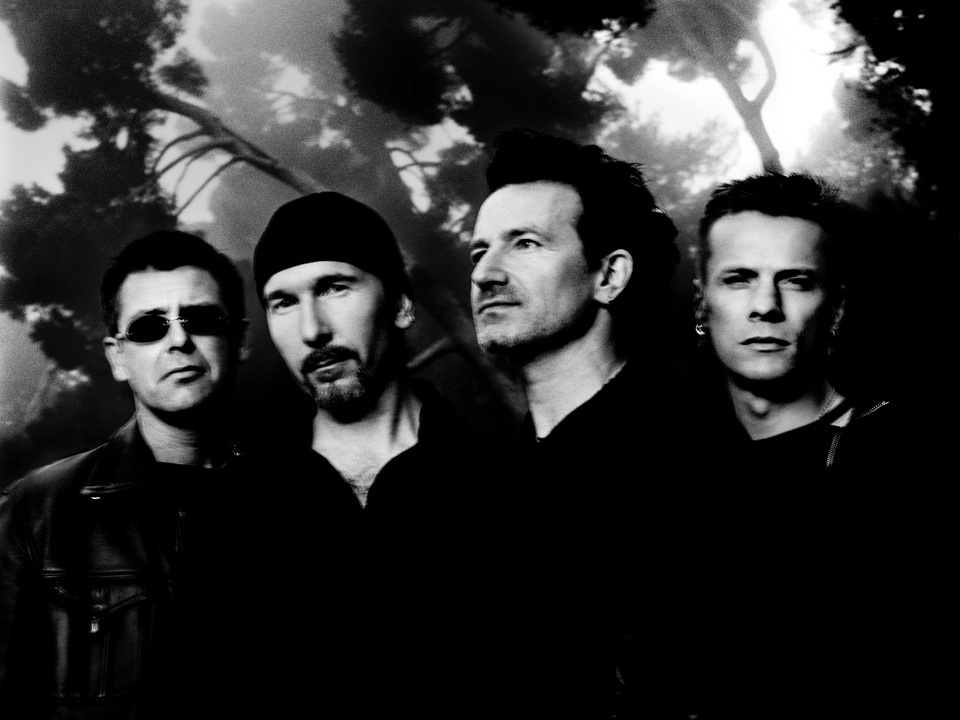U2's Bold Stand for Gaza: Between Authentic Activism and Celebrity Clout
U2's latest statement on Gaza challenges both fans and critics: Is it genuine advocacy or a celebrity strategy?


In an age where the music industry often mirrors the hollow prism of pop culture, U2 dares to wield their voice for a cause that seems to transcend the predictability of chart-topping hits. Their recent bold declaration of support for the people of Palestine isn’t just a headline—it's a statement, almost an anthem in itself. Bono, ever the iconic frontman, calls out the silence, reminding us all that it serves no one. Yet, as this musical proclamation reverberates, one must ask if this move is more about the message or maintaining relevance in an era where celebrity activism is often questioned.
When Activism Meets Artistry
For U2, this isn’t new territory but a continuation of a tale woven over decades—one with threads of activism and melody. They've graced the covers of glossy magazines, yet their ethos has often stood apart from the superficial sheen of pop celebrity. Marching to the beat of human rights, this latest move to align with peace efforts in Palestine reinforces their status as musical advocates. But is this a genuine outcry for peace, or a carefully orchestrated alignment to keep their brand alive amidst global crises?

Navigating the Weight of Celebrity Voices
U2’s stance arrives at a time when global tensions simmer beneath the surface of diplomacy. Critics might argue that rock bands should evade political arenas reserved for seasoned diplomats. Yet here lies the essence of artistry—the brazen crossing of boundaries. Using their platform as more than just a stage for entertainment, U2 seeks to cast light where shadows hang heavy. However, in blending their tunes with activism, they tread the fine line between impactful engagement and superficial influence.

In this realm, real emotion resides not in the polished veneer of fleeting pop idols, but in the grit of those who dare to intertwine their art with activism. Bono and his bandmates aren’t merely strumming notes; they’re striking chords of change—compelling both fans and critics to reflect on the power and limitations of peace campaigns borne from celebrity status.
A Dialogue for Authentic Change?
This moment stands as a dialogue, a conversation wrapped in chords and lyrics, echoing through arenas and across airwaves. U2 prompts us to reconsider the role of artists in societal landscapes, challenging the sterile confines of fame. Their call for peace isn’t just a political stance; it’s an exploration of artistry’s true power in our ever-evolving world.
Here lies the dance between genuine advocacy and brand maintenance—a rebellion against mediocrity and mundanity. Whether their message, wrapped in melodic defiance, serves as a catalyst for real change or a strategic maneuver in pop culture's grand chess game remains to be seen. And perhaps, therein lies the true art of U2's legacy.




